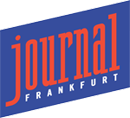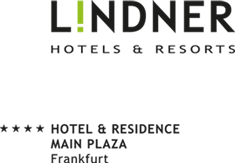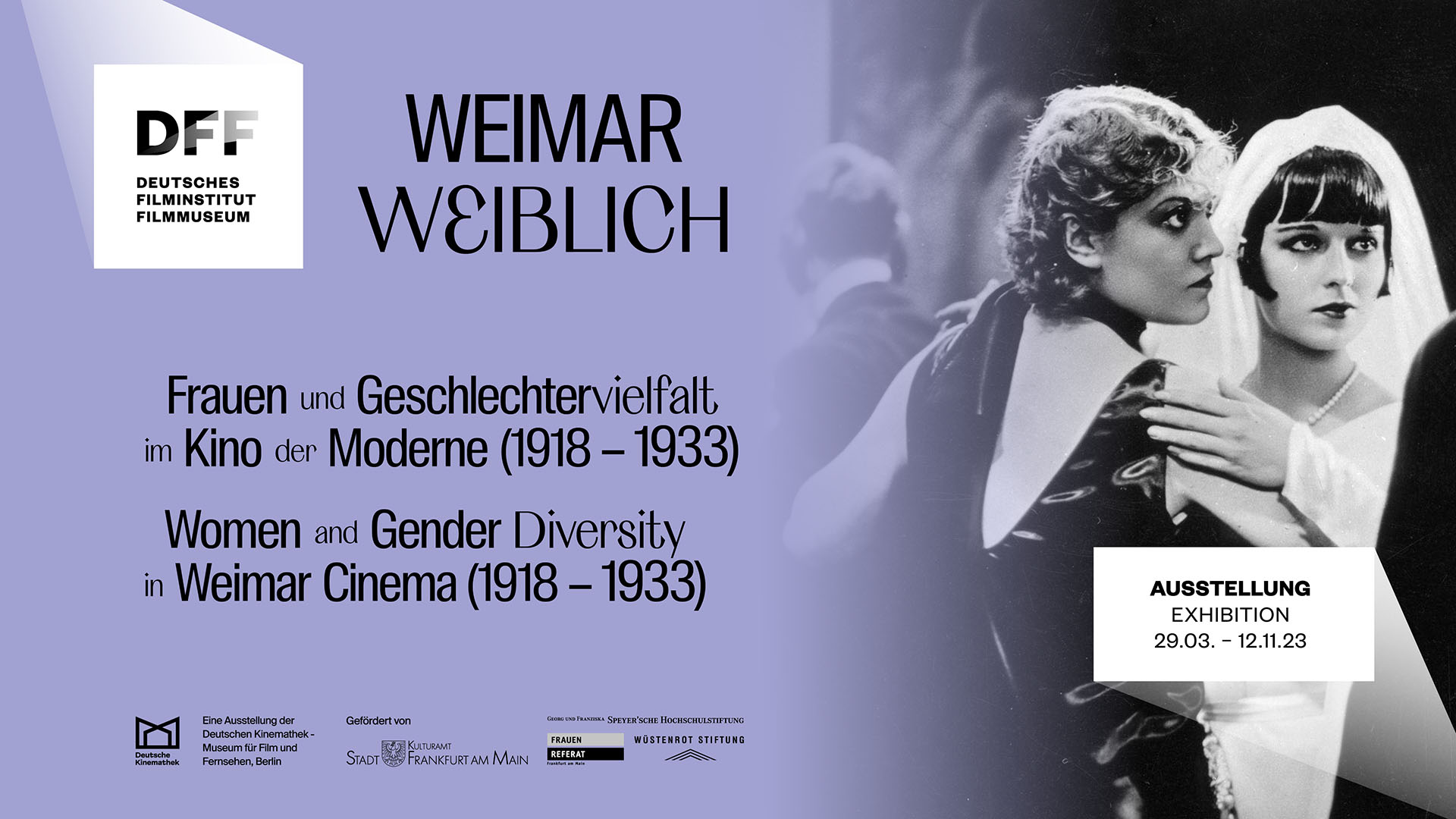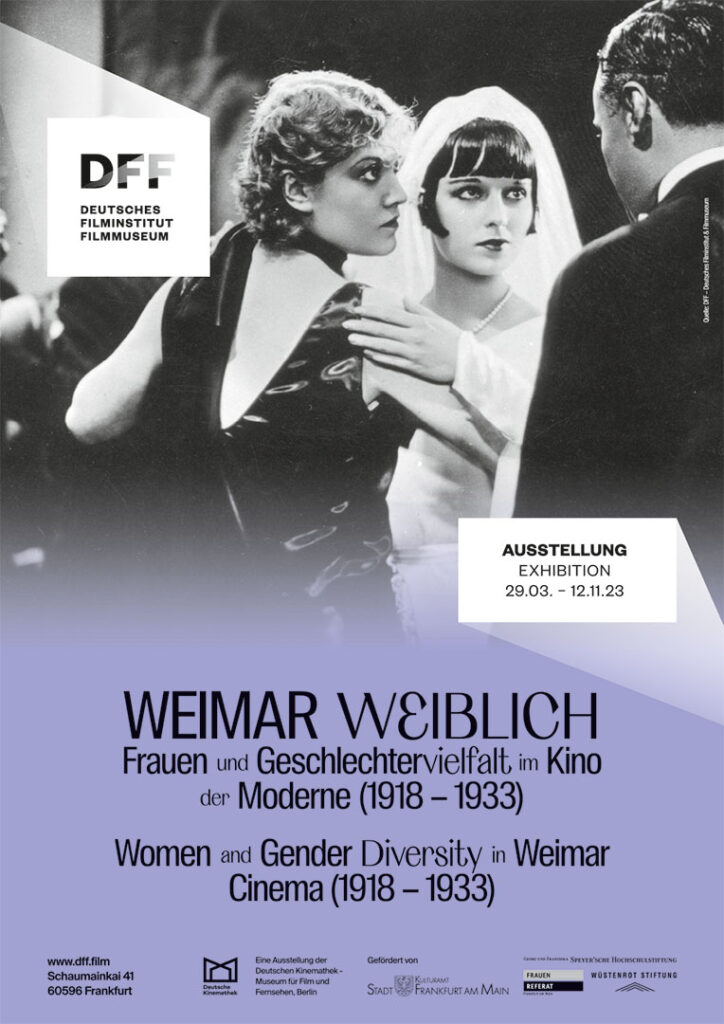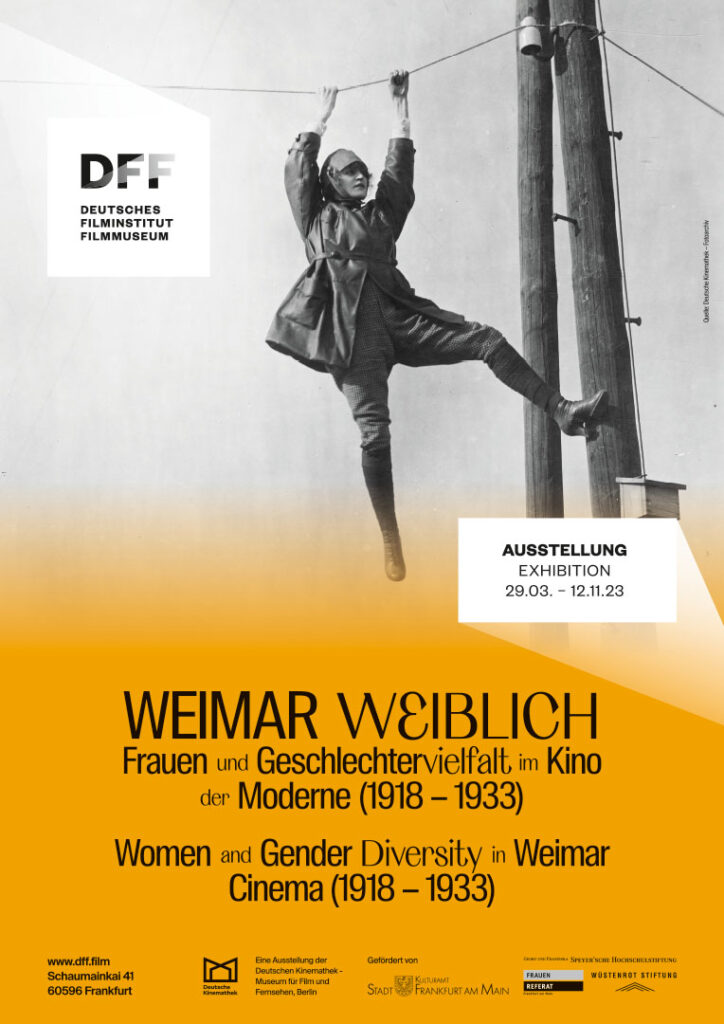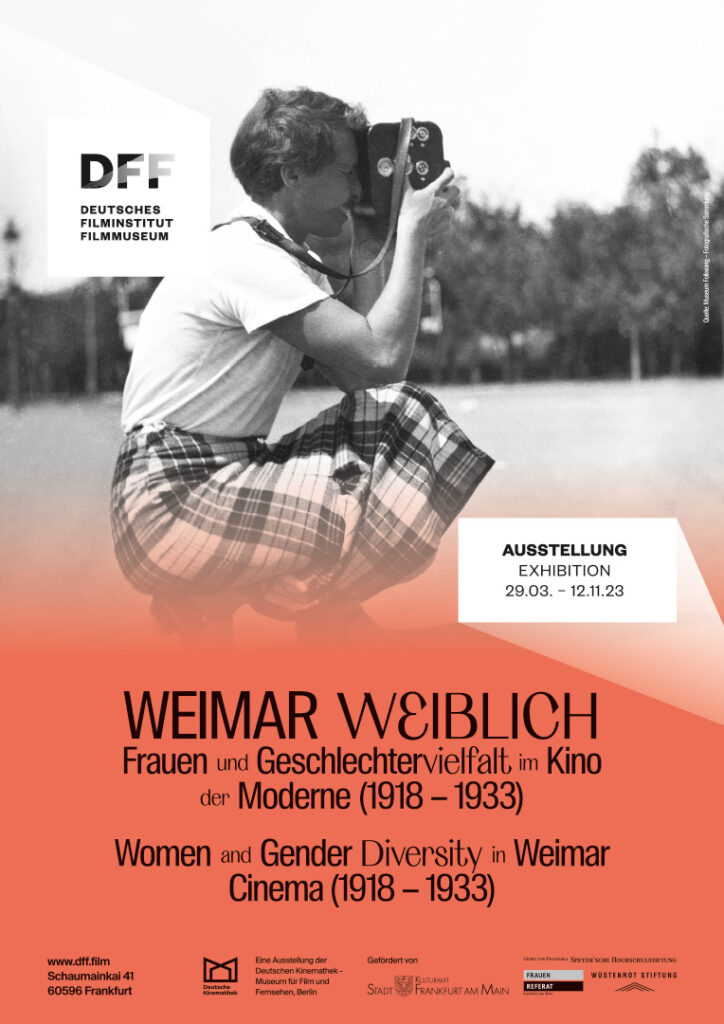

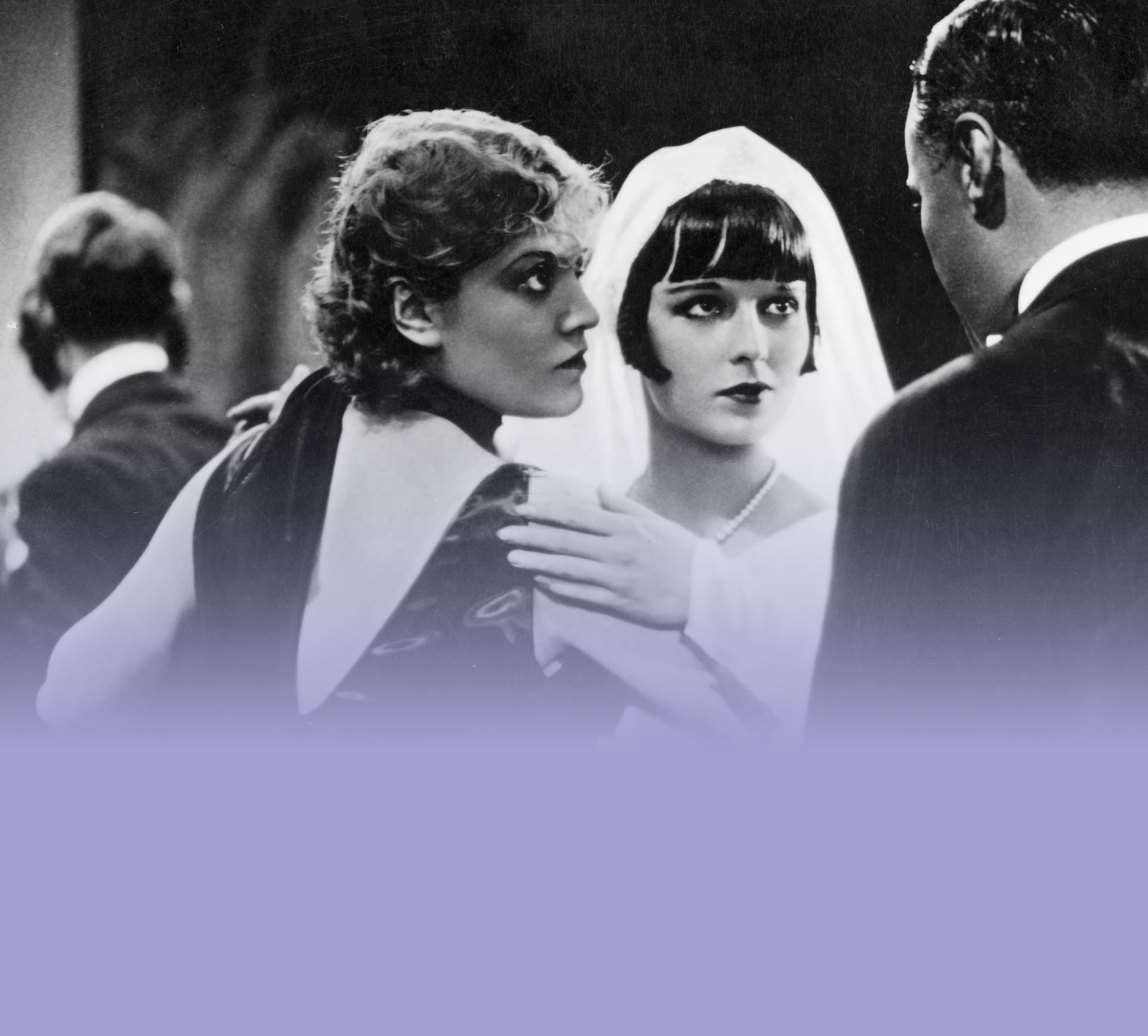
WEIMAR WEIBLICH
Women and Gender Diversity in Weimar Cinema (1918 – 1933)
Exhibition from March 29 to November 12, 2023
Bobbed hairstyles, airy chiffon dresses, extravagant shoe creations, and the freedom to wear long pants at last – even at first glance, the changes that the 1920s brought for women were tremendous. One of the most important of these was the increase in women’s employment, who therefore became more and more present in everyday social life. This can also be seen in the cinema of the time. Women working in the film industry of the Weimar Republic are the subject of the exhibition WEIMAR WEIBLICH (literally Female Weimar), which at the same time investigates how cinema deals with gender roles and relations in general.
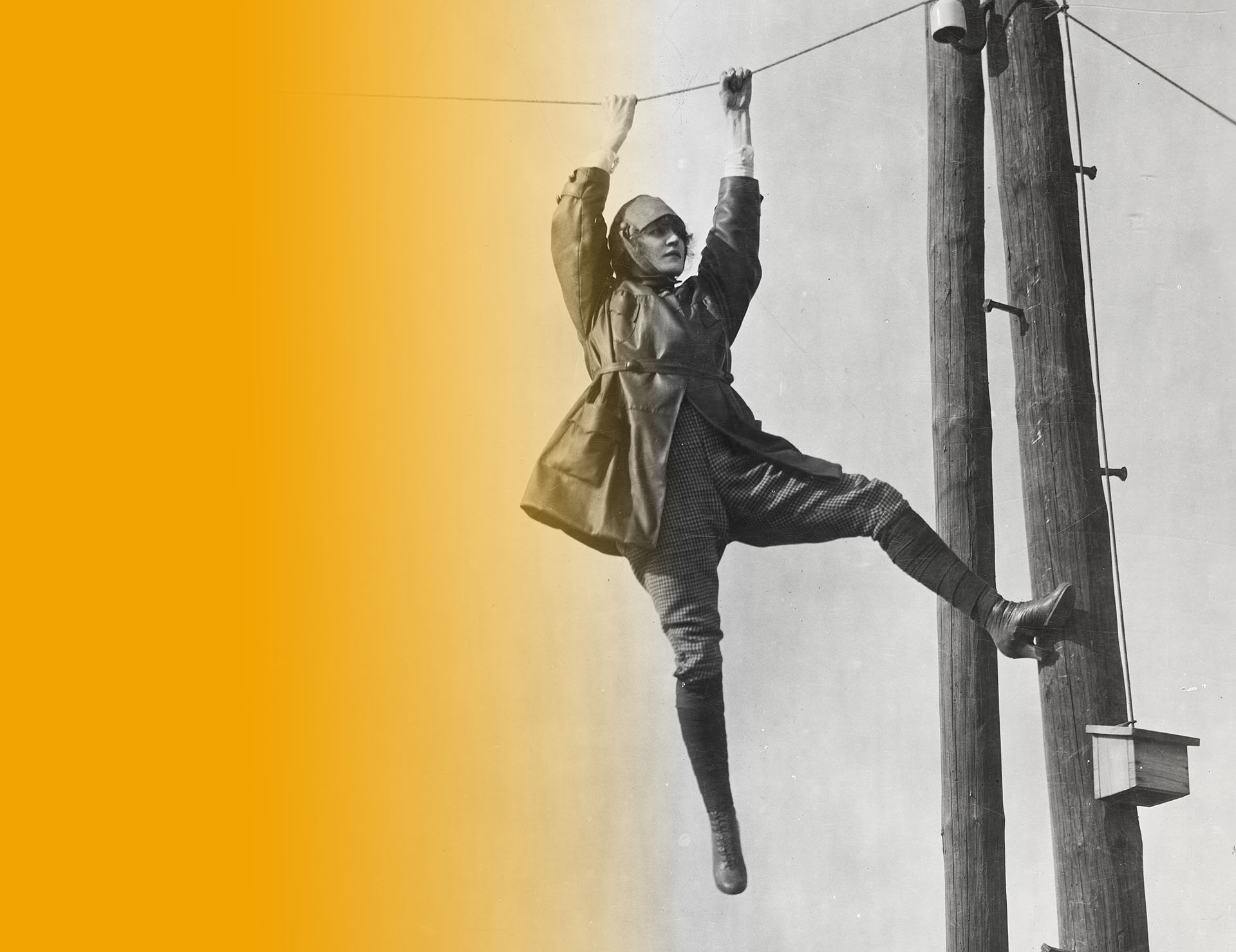
On the one hand, the aim is to shed light on the women who worked in all areas of the nascent film industry – as directors, scriptwriters, costume and set designers – and who are often forgotten today. On the other hand, the exhibition explores the ways in which Weimar cinema negotiated gender issues, with a focus on topics such as bodily self-determination, cross-dressing and homosexuality. WEIMAR WEIBLICH takes a fresh look at German film history from 1918 to 1933, an era still considered the “golden age” of (German) cinema because it produced a disproportionate number of internationally acclaimed classics. To limit the view to these classics of the Weimar cinema, however, would fall short of the mark. The filmmaking of those years is much more diverse: aesthetically, in terms of content, and above all in terms of its creators.
WEIMAR WEIBLICH. Women and Gender Diversity in Weimar Cinema (1918 – 1933) is based on an exhibition by the Deutsche Kinemathek – Museum für Film und Fernsehen, Berlin. Together with the Bundeskunsthalle, Bonn, the Deutsche Kinemathek realized the exhibition Kino der Moderne. Film in the Weimar Republic and presented it first in Bonn and then in Berlin in 2018/19. For the presentation in Berlin, exhibition curator Kristina Jaspers and her team developed the women’s gallery “Weimar, Weiblich” in which 21 largely unknown female filmmakers were presented to a wider public for the first time with biographies, exhibits, film clips and audio recordings – a pioneering achievement. This section now forms the core of the Frankfurt exhibition, which presents a total of almost 100 exhibits from the collections of the Deutsche Kinemathek and brings together some 65 additional loans that Kristina Jaspers collected for the exhibition Kino der Moderne. Film in the Weimar Republic from all over Germany.
About 150 additional exhibits were gathered exclusively for the Frankfurt presentation focusing on women and gender diversity in Weimar cinema. They come from the archives of the DFF, the photo archive of the Frankfurt Historical Museum and numerous other institutional and private lenders.
Photographs and anecdotes from the lives of women between 1918 and 1933, primarily from the Rhine-Main region, will be on display in the exhibition’s foyer. They will serve as a prelude to the exhibition. Professional photographs from the archives of the Historisches Museum Frankfurt will be supplemented by photographs and family stories provided to the DFF by private individuals in response to a public call.
The search for historical testimonies and family histories of queer people is more difficult because they often lived in hiding due to the discrimination and persecution they faced. Artist annette hollywood takes the audience on a detective hunt for clues in her work [anderkawer] 1928.
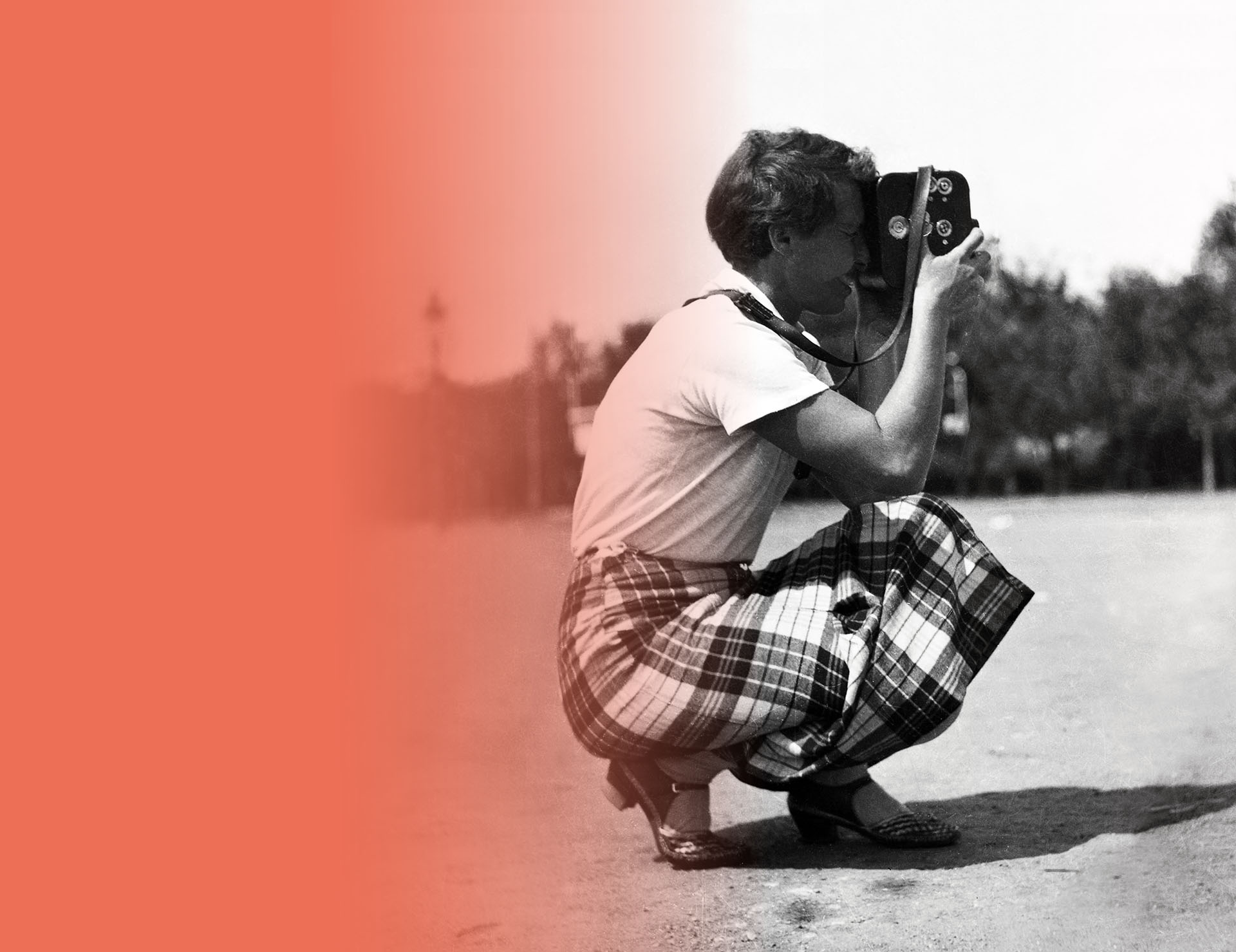
Accompanying program with guided tours, workshops, film series, lectures and discussions.
FILM PROGRAM with film talks, lectures and live music
Both classics and new discoveries, many of them digitized and restored by the DFF, will be screened in the extensive program accompanying the exhibition at the DFF cinema. Introductions, lectures and live music accompany the films. For information on all the dates and to purchase tickets, please see the current cinema program.
Some of the highlights of the program:
Tuesday, April 4, 8:15 p.m.
DIE KLEINEN KLEBERINNEN (BRD 1980. R: Heide Breitel, Eva-Maria Hammel)
with lecture by film historian Jeanpaul Georgen
Tuesday, May 2, 5:30 p.m.
DIE FREUDLOSE GASSE (GER 1925. Dir: G.W. Pabst)
with introduction and live music
Wednesday, May 10, 6:00 p.m.
DIE ERBSCHAFT VON NEW YORK (GER 1919. Director: Wolfgang Neff. Screenplay: Jane Bess)
with talk and live music
Thursday, August 24, 8:00 p.m.
Short film program: Ella Bergmann-Michel
with talk and live music
Wednesday, October 4, 6:00 p.m.
DER GOLEM, WIE ER IN DIE WELT KAM (GER 1920. Director: Paul Wegener)
with lecture and live music
Tuesday, October 17, 6:00 p.m.
Short film program: Hanna Henning
with talk and live music
Tuesday, October 31, 20:15 hrs
NOSFERATU (GER 1922. Director: F.W. Murnau)
with talk and live music
Wednesday, November 8, 6:00 p.m.
DAGFIN (DE 1926. R: Joe May. Screenplay: Jane Bess)
with talk and live music
GUIDED TOURS
Every Saturday at 3 pm
Guided tours for the general public at the DFF.
Tours are included in exhibition admission.
Private Tours
Duration: aprox. 1 hour | Advance booking required
Satourday
Free family tours of the exhibition at 2 and 4 pm.
Informationen, Contact & Registration
Phone: +49 69 961 220 – 223 (Mon-Fri: 10am-3pm)
museumspaedagogik@dff.film

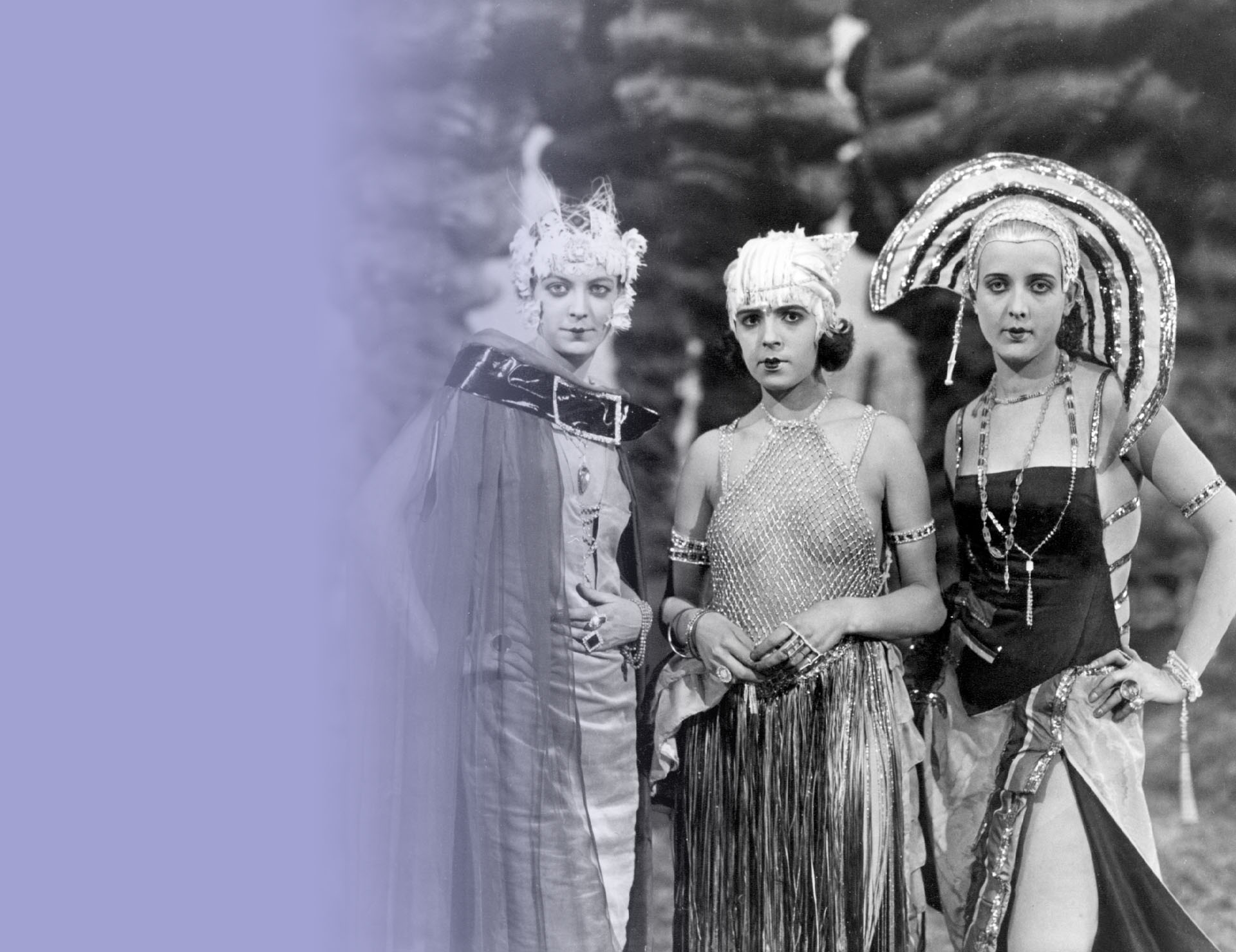
Opening Hours
WEIMAR WEIBLICH is on display at the DFF from March 29 to November 12, 2023.
Mon: Closed
Tue-Thu, Sat-Sun 11am-6pm
Fri: 11-20 h
Tickets & Pricing
WEIMAR WEIBLICH: 9 / 6* EUR
Permanent Exhibition DFF: 6 / 3* EUR
Family ticket for up to 2 adults and 2 children (over 6 years) 24 EUR, each additional child: 2 EUR
Tickets will be available here soon
Accessibility: The DFF – Deutsches Filminstitut & Filmmuseum is accessible to visitors with limited mobility and guests with strollers via an elevator at the right side entrance of the museum. Elevators in the foyer provide barrier-free access to all floors. An all-gender restroom for the disabled is located in the basement. A wheelchair is available for rent.
*Discounts available: Pupils, Students, Unemployed. The discount does not apply to students of the University of the 3rd Age U3L. KUFTI holders, children under 6 and birthday children of any age have free admission to the exhibitions.

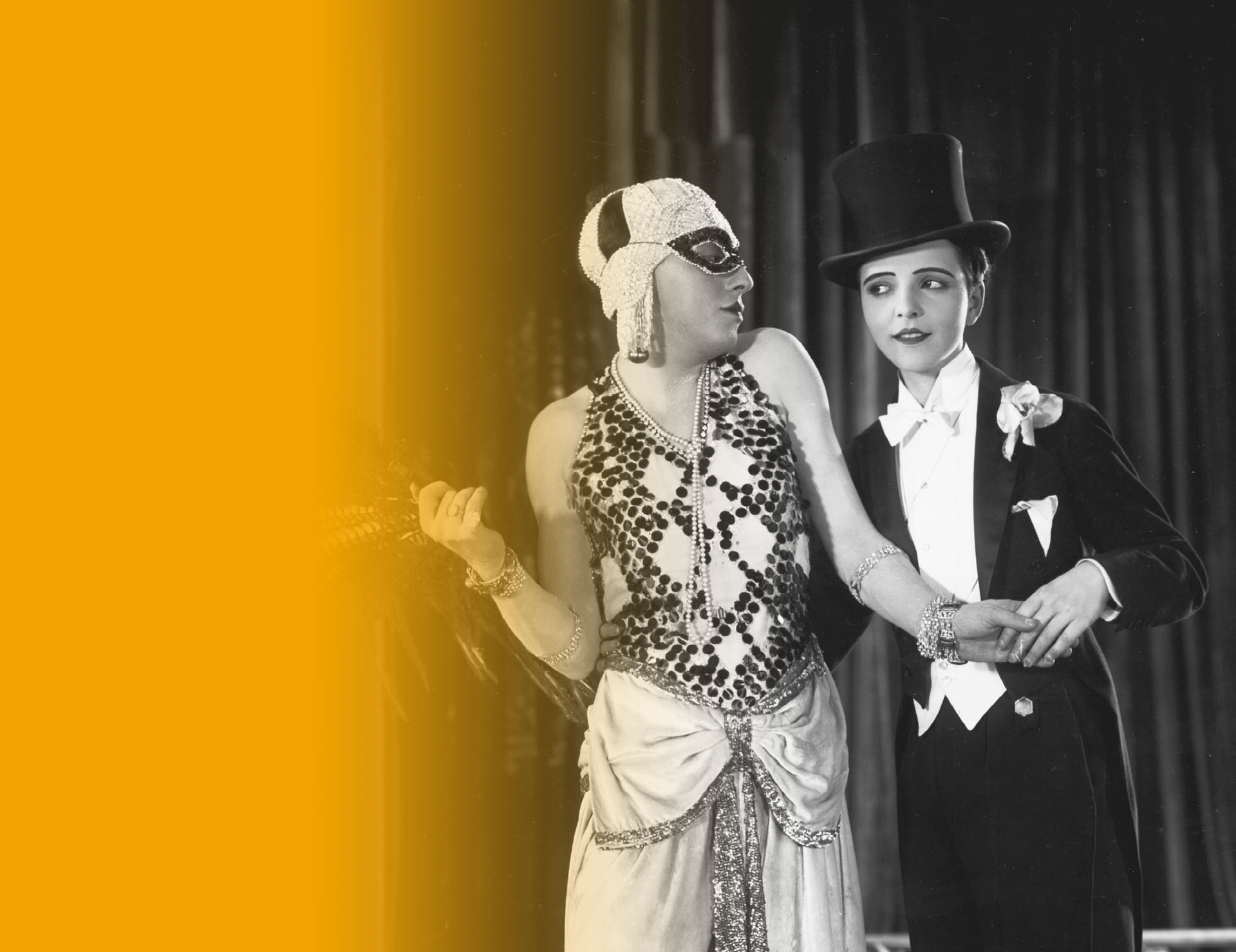
DIRECTOR
Ellen M. Harrington
CURATOR AND PROJECT LEAD
Daria Berten
PROJECT COORDINATION
Tim Heptner
SCIENTIFIC RESEARCH
Benjamin Kunz, Anke Mebold
MEDIA PRODUCTION
Michael Kinzer
SUPPORT
Stefanie Plappert
EXHIBITION DESIGN
Tonia Bürkle, blaugrau
GRAPHIC DESIGN
Anna Pirot, Felix Kosok, Bureau Mitte
EXHIBITION CONSTRUCTIONS
Adriano Renzullo, artevilla
MEDIA TECHNOLOGY
Markus Berger, satis&fy AG
LIGHTING
Stefan Zimmermann, Lightsolutions
ILLUMINATED FONTS
Neon Zentgraf Lichtwerbung GmbH
GRAPHICS AND PRINTS
plot.com GmbH, Brieke GmbH
PRINTING PREPARATION
Thomas Lemnitzer
TRANSLATIONS
Micha Goebig, Go Big Coaching & Communications
TRANSPORTS
Milan Svojgr, Art-Union
EXHIBITS MOUNTING
Stefan Bressel, Charlotte Malcolm-Smith, Andreas Rohrbach, Katrin Trost
RESTORATION SUPPORT
Kathrin Sündermann
FRAME CONSTRUCTION
Hartmut Wirks
ARCHIVES
Eva Hielscher (Leitung), Isabelle Bastian, Hans-Peter Reichmann, Simon Lames, Jens Kaufmann, Debora Classen, Christof Schöbel, André Mieles
FILM RESTORATION AND DIGITIZATION
Thomas Worschech (Leitung), Anke Mebold, Lou Burkhardt, Oliver Hanley
PRESS AND PUBLIC RELATIONS
Frauke Haß, Marie Luise Brüggemann, Jürgen Kindlmann
MEDIA STATIONS
Jürgen Kindlmann, Frederik Lemnitzer, Thomas Schumann
TECHNICAL SUPPORT AND RIDES
Ismail Merzak, Susanne Becker, Antonio Cucuzzella
STRATEGIC DEVELOPMENT
Ines Bayer, Mareike Uhl
ADMINISTRATION
Claus Wiedemann (Leitung), Birgit Wickenhäuser (Projektbetreuung)
SPONSORING AND OPENING PLANNING
Marie Brüggemann, Stefanie Plappert, Marie-Christin Severin
EDUCATION
Daniela Dietrich (Leitung)
CINEMA PROGRAM
Natascha Gikas (Leitung), Andreas Beilharz, Björn Schmidt
WEBSITE
Jürgen Kindlmann
Thanks to
Christian Appelt, Lena Gropp, Micaela Leon Gutbrod, Maria Käppele, Helen Kahsai, Petra Schäfer, Eric Schlegel, Michael Schurig, Annabelle Zimmermann, the team at the box office and security (DFF)
Special thanks to
Thomas Lemnitzer (Thomas Lemnitzer Fotografie); Susanne Kleine (Kunst- und Ausstellungshalle der Bundesrepublik Deutschland, Bonn); Lioba Nägele, Michael Richter (Museum für Kommunikation, Frankfurt am Main); Katja M. Schneider (Haus der Stadtgeschichte, Offenbach)
An exhibition of the Deutsche Kinemathek – Museum für Film und Fernsehen, Berlin
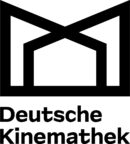
Exhibition Team Deutsche Kinemathek
ARTISTIC DIRECTOR Rainer Rother
ADMINISTRATIVE DIRECTOR Florian Bolenius
CURATOR Kristina Jaspers
MEDIA CURATOR Nils Warnecke
PROJECT LEAD Peter Mänz
PROJECT COORDINATION Vera Thomas
CURATORIAL ASSISTANCE AND SCIENTIFIC RESEARCH Annika Haupts
RESEARCH ASSISTANCE Anna Heizmann, Peter Riedl
CONSERVATIONAL SUPERVISION Katharina Siedler, Sabina Fernández
In cooperation with
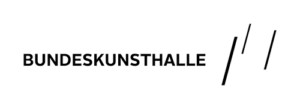
The Deutsche Kinemathek is funded by
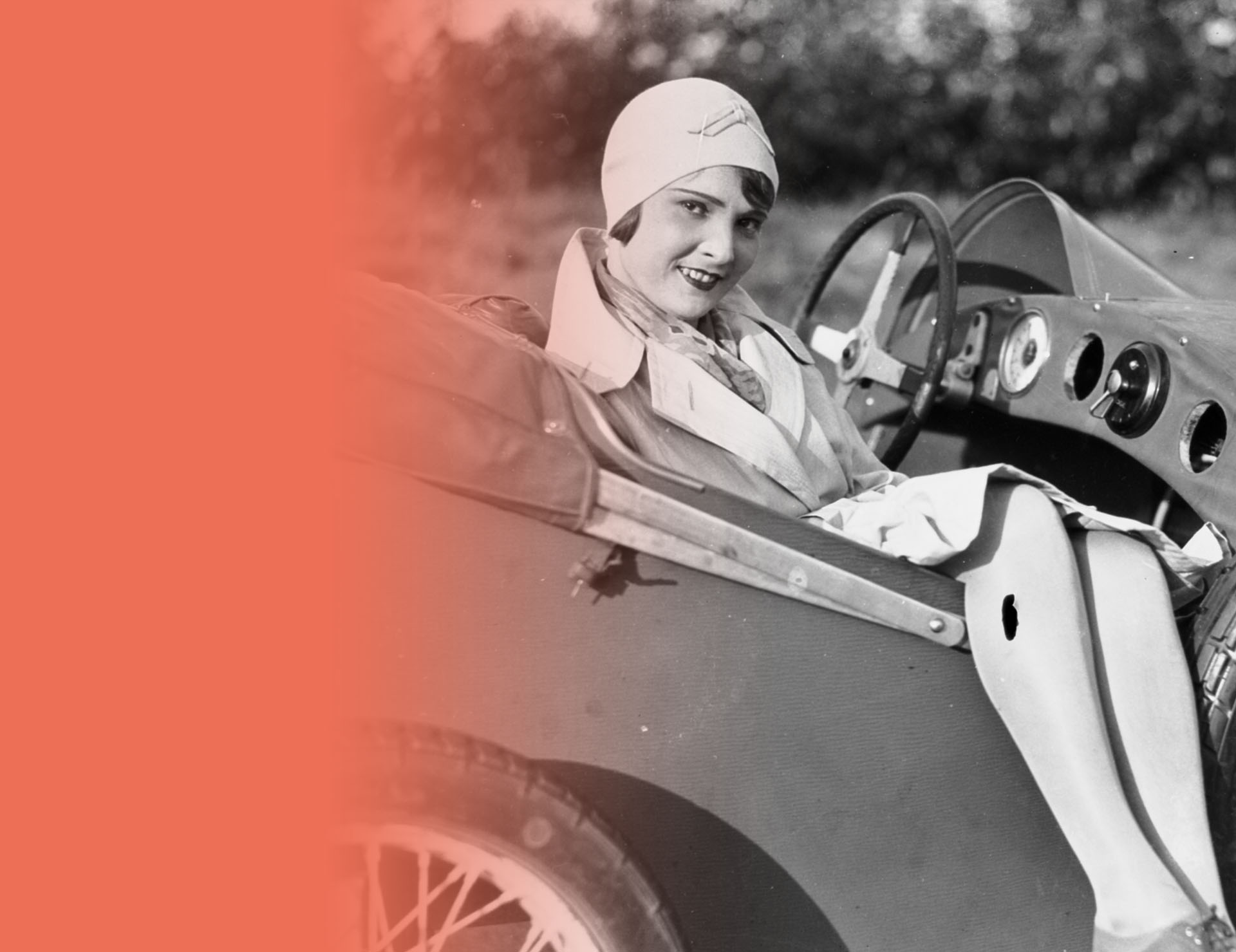
We would like to thank our supporters, partners and sponsors.




